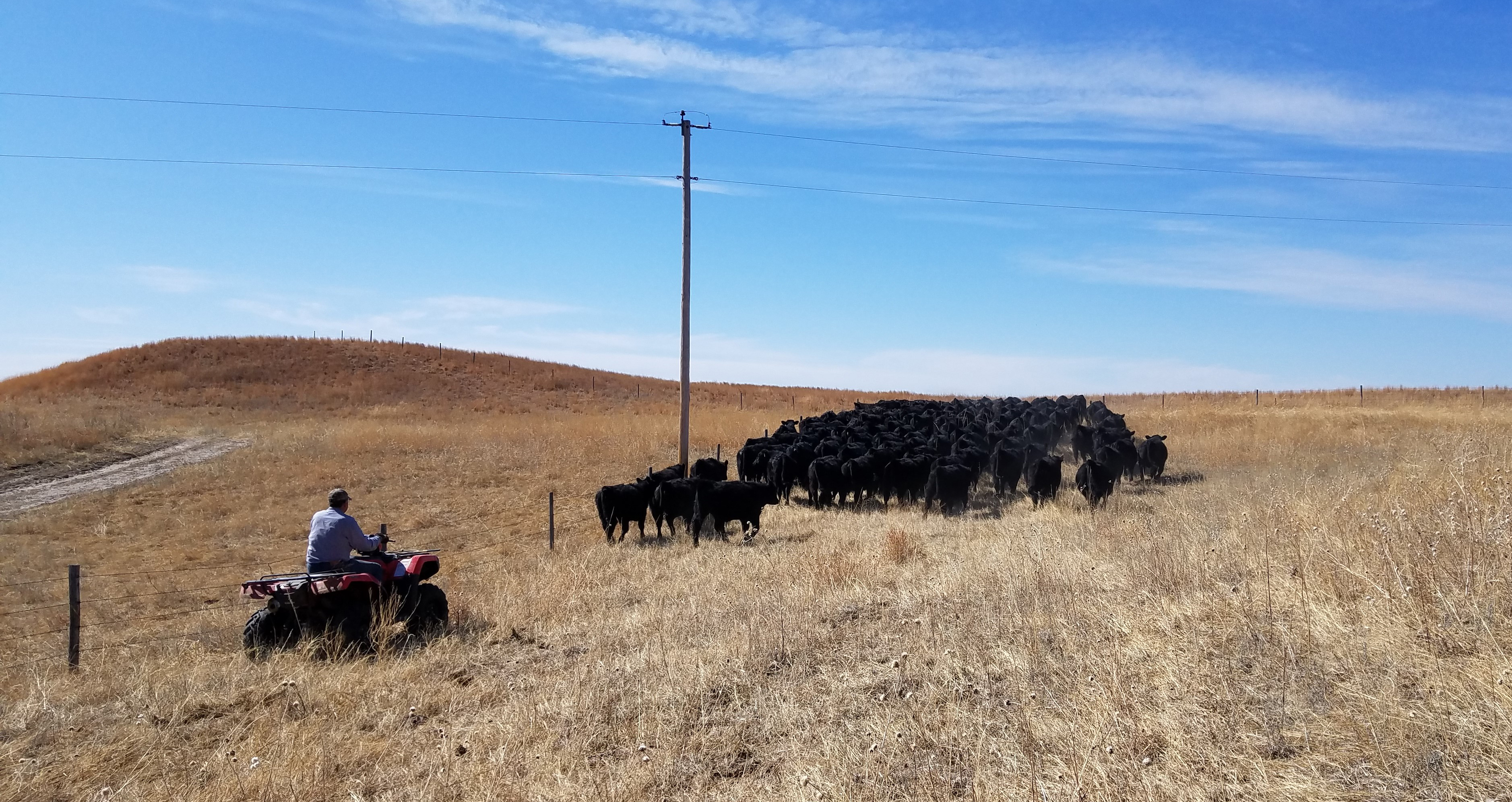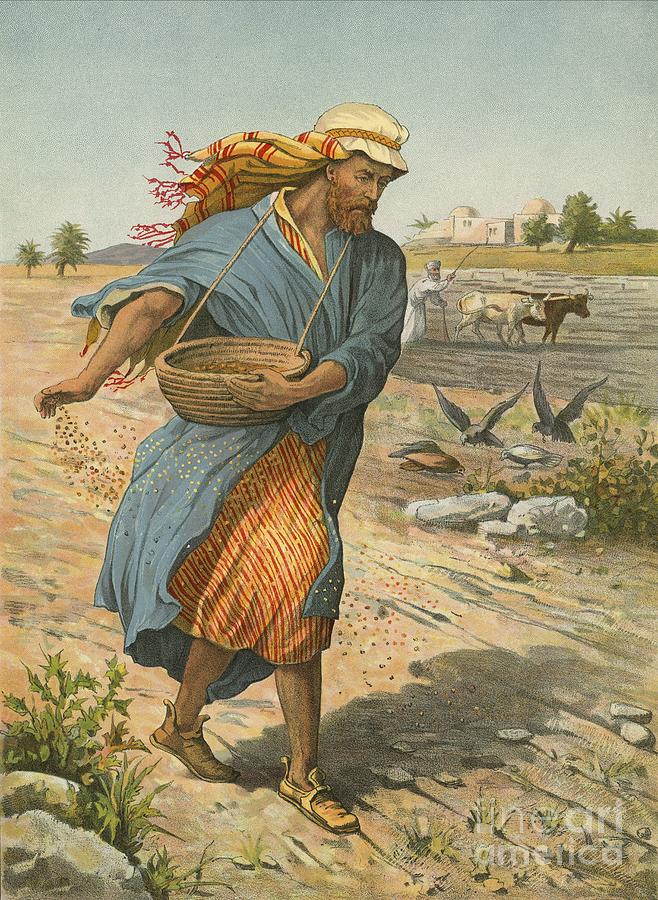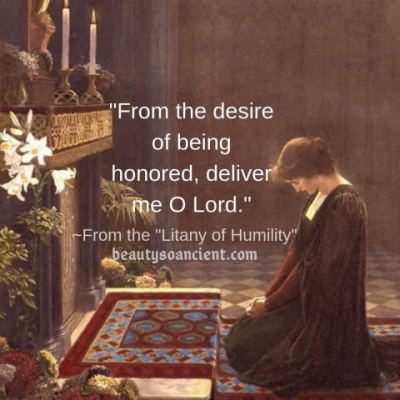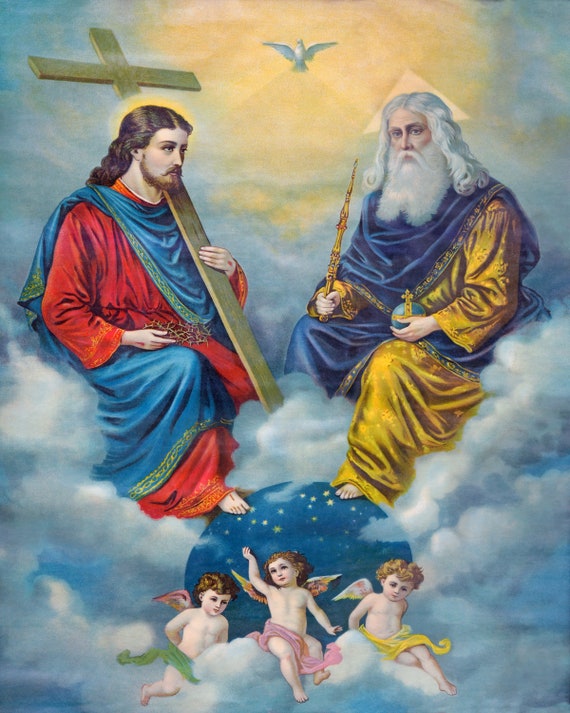
Today’s Gospel is the parable of the net. The fishermen throw the good fish into buckets and the bad fish are discarded. The net thrown into the sea is an image of the Church which holds both the just and the sinners.
At the judgment, there will be a separation from the good and the bad. The bad will go into the fiery furnace (hell). The just (who are saints) will enter the Kingdom of Heaven.
The Catholic Church contains saints as well as sinners. The Church never ceases to open Her motherly arms to sinners, and welcome them back through the sacrament of Confession. Anyone, can become a saint. We are all called to holiness.
The Church produced many saints down through the centuries. First there were the martyrs who gave their lives for the faith.
Through every generation, countless parents have led heroic lives of silent sacrifice while faithfully fulfilling the demands of their divine vocation. Similarly, there are many men and women who strive to achieve holiness in the midst of the world, such as religious brothers and sisters, and priests who live celibacy and chastity and are models of holiness for us, like Blessed Father Stanley Rother.
We are all called to be holy, because holiness is needed to enter heaven. But, the unholy, who live unrepentant sinful lives, cannot inherit the kingdom of heaven.
How are we to live a holy life? Practicing Stewardship, by opening our hearts to the needs of others-- guarantees a life of holiness, borne from the sacraments of receiving the Holy Eucharist and Confession regularly.
As a disciple of Christ, we give our time, talent, and treasure to God and neighbor in appreciation for the gifts He has given us.
All things – our wealth and possessions, our family and relationships, our degrees and achievements – are only the means to reach the goal in life: To be one with God forever.
This life of holiness begins now! It is already here! All we have to do is live our life, as a disciple of Christ, following the Stewardship way of life, and we will reach our goal of heaven. Stewardship is using the gifts God has given you, for the love of God and neighbor.
In heaven there are canonized and non-canonized saints. We should choose this day to become a fish that will enter the Kingdom of Heaven, rather than a fish to be discarded. Therefore, “Set your hearts on his kingdom first… and all these other things will be given you as well”
A shepherd is one who guides the sheep, to help the sheep to know what is right and true. Shepherds are stewards of the sacred mysteries, and they are to help the sheep to live by those mysteries.
Stanley Francis Rother born on March 27, 1935, in Okarche, Oklahoma was as one of four children from a farm family. His sister, Betty Mae, became a religious sister Adorer of the Blood of Christ in Wichita. He had two brothers.
Stanley was strong and adept at farm tasks. After completing his high school studies at the Holy Trinity school in Okarche he declared his calling to the priesthood to his parents. His father whimsically asked him: "Why didn't you take Latin instead of working so hard as a Future Farmer of America?"
He was sent to Assumption Seminary in San Antonio Texas. Most of his classes were all in Latin, and had great difficulty with Latin, and his grades suffered. After almost six years, the seminary told him he couldn't continue.
Despite being dismissed from seminary, he continued to believe he had a call to the priesthood. His bishop also believed he had a call, and sent him to Mount St. Mary’s Seminary in Maryland. He made great progress at his new seminary and Bishop Reed ordained him May 25, 1963. Fr. Rother served as an associate pastor in various parishes around Oklahoma.
When he learned a priest was needed in Guatemala, he asked Bishop Reed for permission, which he granted. In 1968, he was assigned to the mission of the archdiocese to the Tz’utujil people located in Santiago Atitlan in southwest Guatemala.
To be closer to his congregation, he set out to learn Spanish and the Tz’utujil language which was an unwritten language. Fr. Rother lived with a native family for a while to get a better grasp of practical conversation, and worked with the locals to show them how to read and write. He supported a radio station located on the mission property which transmitted daily lessons in both languages.
Despite his difficulties with Latin, he translated the New Testament into Tz'utujil and began the regular celebration of the Mass in Tz'utujil and could preach in their language. In the late 1960s, Fr. Rother founded a small hospital.
He put his farming skills to good use in Guatemala, including operating a bulldozer to clear land on local farms. His door was open to all people. He feed some poor each day for lunch, and others came for advice on personal or financial affairs. Some even came to him to have their teeth extracted. He took a boy and his parents to Guatemala City to be treated for lip cancer.
After a major earthquake in 1976, it was said, “With courage he climbed the ravines in order to help the very poor, pulling the wounded out of the ruins and carrying them to safety on his shoulders.”, just as a shepherd would carry his sheep.
We
can see all the ways, Fr. Rother used his gifts for God and neighbor.
To learn a new language and
teach others to read and write. To translate the bible into a new
language. To build a new hospital to care for the sick. To help those
suffering from an earthquake. To give courage to a persecuted people.
To use the gift of his farming background to help grow crops. To use
his priesthood to be an instrument of grace and mercy through the
sacraments. To be a spiritual father to the people and to even lay
down his life for them as a martyr.
From 1971 to 1981, there were numerous killings of journalists, farmers, catechists and priests, all accused falsely of communism. Within the last year of his life, Fr. Rother saw the radio station smashed and its director murdered. His catechists and parishioners would disappear and later found dead. Their bodies showed signs of being beaten and tortured. Realizing they were seeking to kill him, he briefly went back to the United States, and traveled to Mt. St. Mary’s Seminary to pray and figure out whether or not to return to Guatemala in May 1981. In December 1980, he addressed a letter to the faithful in Oklahoma saying: "This is one of the reasons I have for staying in the face of physical harm. The shepherd cannot run at the first sign of danger."
On the morning of July 28, the killers forced the teenager Francisco Bocel (who was in the church at the time) to lead them to the bedroom of the priest. The men threatened to kill Francisco if he did not show them Fr. Rother, and so Francisco led them downstairs and knocked on a door near the staircase saying: "Father. They are looking for you."
Fr. Rother opened the door and a struggle ensued as Francisco ran upstairs hearing Fr. Rother yell: "Kill me here!" One shot pierced his jaw and the second fatal shot struck the left temple; there were bruises on both hands.
Fr. Rother was one of 10 priests murdered in Guatemala that year. His remains were flown back to Oklahoma and buried in his hometown on August 3, 1981, in Holy Trinity Cemetery. At the request of his parishioners, his heart was removed and buried under the altar of the church where he had served in Guatemala. His body was transferred again to Oklahoma City in the cemetery Mausoleum next to the Cathedral and then transferred to the new basilica dedicated in his honor.
In the presence of 20,000 people, Fr. Stanley Rother was beatified, Sept. 23rd, in 2017. His feast day is July 28th.
So what is the goal or our life? St Ignatius of Loyola writes, “The goal of our life is to live with God forever. God, who loves us, gave us life. Our own response of love allows God’s life to flow into us without limit. All the things in this world are gifts of God, presented to us so that we can know God more easily and make a return of love more readily. As a result, we appreciate and use all these gifts of God insofar as they help us develop as loving persons. But if any of these gifts become the center of our lives, they displace God and so hinder our growth toward our goal.”
What gifts and talents do you have that you can become a more fervent disciple of Christ as you practice the stewardship way of life?
We should all priests that they may follow in the footsteps of Blessed Stanley Rother, a shepherd, who does not run at the first sign of danger. And may our only desire and our one choice be this:
“I want, and I choose what better leads me to my final goal of heaven. We should therefore be a good steward of our gifts like Father Stanley Rother and which help each other reach our final goal in heaven.”
And at the end of Mass, you are invited to come forward to venerate a relic of Blessed Father Rother. When you venerate the relic, ask Jesus for a specific healing. A miracle is needed for his canonization.
Before the summer is over, I encourage you to take a day trip to Oklahoma City. You can go to Confession, attend daily Mass. They have a Holy Hour every day at 3pm and pray the Chaplet of Divine Mercy. They have a museum with a tour guide and a gift shop. There is pathway up the hill to the Grotto of Our Lady of Guadalupe. The basilica is beautiful. Daily Mass is offered in the smaller chapel, where the body of Fr. Stanley Rother is located under the altar. In the chapel is a stunning mural of Blessed Stanely Rother and other martyrs. Then you can go out for dinner and return to home, the same day.
Blessed Stanley Rother, pray for us, who have recourse to thee.










